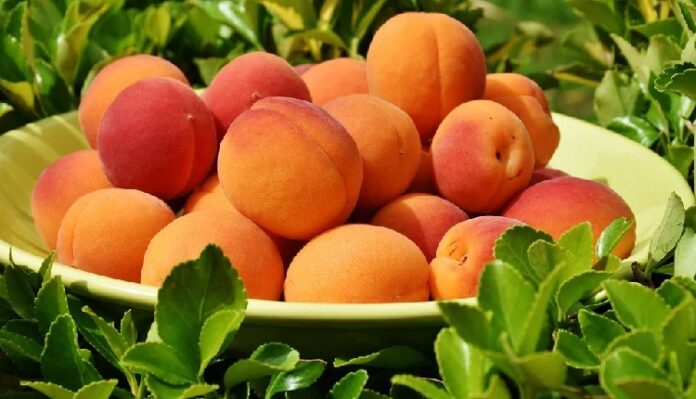Life cannot exist without oxygen. Oxygen is a crucial component of our body, both in the creation of new cells and in preserving their functions.
But for a variety of reasons, many people experience low oxygen levels. To help balance the amount of oxygen in the body and bring things back to normal, let’s look at some of the best foods that are high in oxygen. These foods are high in oxygen and primarily consist of green veggies, fruits, seeds, sprouts, and nuts. These foods are justified on the basis of their high water content, which includes 2 parts of oxygen.
Top oxygen-rich foods to start including in your menu:
Spinach
Spinach, the king of leafy greens, is a powerhouse of iron, vitamins A, B3, B5, B6, as well as C, as well as numerous antioxidants. Spinach has anti-inflammatory, antioxidant, anti-inflammatory, hypoglycemic (helps lower blood sugar levels), as well as hypolipidemic (reduces blood lipid levels) qualities. It also neutralizes reactive oxygen substances. You can begin incorporating this into your daily meals by including a cup of baby spinach in your dish. Besides that, you can throw it in the blender to create a spinach-based green smoothie.
Mango
Did you know that ripe mangoes contain high levels of the vitamins A, B3, B5, B6, and C as well as iron and copper, both of which are necessary for increasing blood oxygen saturation levels? They have antioxidants like vitamin C, carotenes, and phenolic substances that support general health maintenance. Mangoes have properties that lower blood pressure, protect the liver, reduce inflammation, and strengthen the immune system. A half-cup of ripe mangoes should really be consumed, or you can add them to smoothies or breakfast fruit bowls. Ripe mangoes have a high level of sugar, so diabetics should speak with their doctor before eating them.
Pomegranate
Pomegranates are rich in iron, copper, zinc, vitamins B3 and B6, as well as choline. They also increase the bioavailability of nitric oxide, which improves blood circulation, and they increase oxygen delivery. Regular consumption of pomegranate seeds or freshly squeezed pomegranate juice helps to widen the blood vessels, improving blood flow. As a result, there is a lower chance of tissue damage from low oxygen absorption. To incorporate this alkaline food that increases oxygen saturation in your diet, you can eat a cup of pomegranate kernels, 375 ml of pomegranate juice each day, and perhaps even add it to salads.
Peaches
You might be surprised to learn that peaches are a great source of vitamins A, B3, and B5, as well as B6, iron, zinc, and antioxidants that protect cells from oxidative damage and support healthy body functions. Due to its potential to advance general health, this delectable summer fruit is promoted as a functional food. Consuming a whole large peach daily or every other day will allow you to incorporate this awesome oxygen-rich food into your diet. Additionally, you can incorporate it into cold salads, smoothies, as well as juices.
Garlic
Since it lowers cholesterol and seems to have antimicrobial, antiplatelet, and antibacterial properties, garlic is well-known to benefit the heart. In a study, of individuals with hepatopulmonary syndrome (HPS), a disorder that affects the lungs of patients who have liver disease, garlic consumption was found to be able to enhance baseline arterial oxygen levels and decrease hypoxemia. You can consume a minimum of one clove of garlic with food each day. If you want to taste it unexplored, you could also add it to marinades or curries, or you can even chew it raw.
Legumes
Legumes are a good source of iron, potassium, zinc, as well as B vitamins. Examples of legumes include lentils, kidney beans, pinto beans, chickpeas, fava beans, and bean sprouts. They have no fat and are excellent sources of plant-based protein. Consuming legumes is said to improve lipid profiles, reduce high blood pressure, control type 2 diabetes-related blood sugar, and aid in weight control. To increase the amount of blood and oxygen delivered to every component of your body, you could perhaps eat at least half a cup of your preferred legumes each day.
Eggs
A great source of protein, selenium, vitamins A, D, B5, B6, B12, and E, as well as K, folate, & beta-carotene, hard-boiled eggs also contain iron, potassium, zinc, and potassium. Despite the fact that egg yolks are notorious for having high cholesterol levels, a study found they also have analgesic and anti-inflammatory effects. Eat three to five whole eggs per week, and restrict or avoid eating egg yolks if you have high blood pressure.


